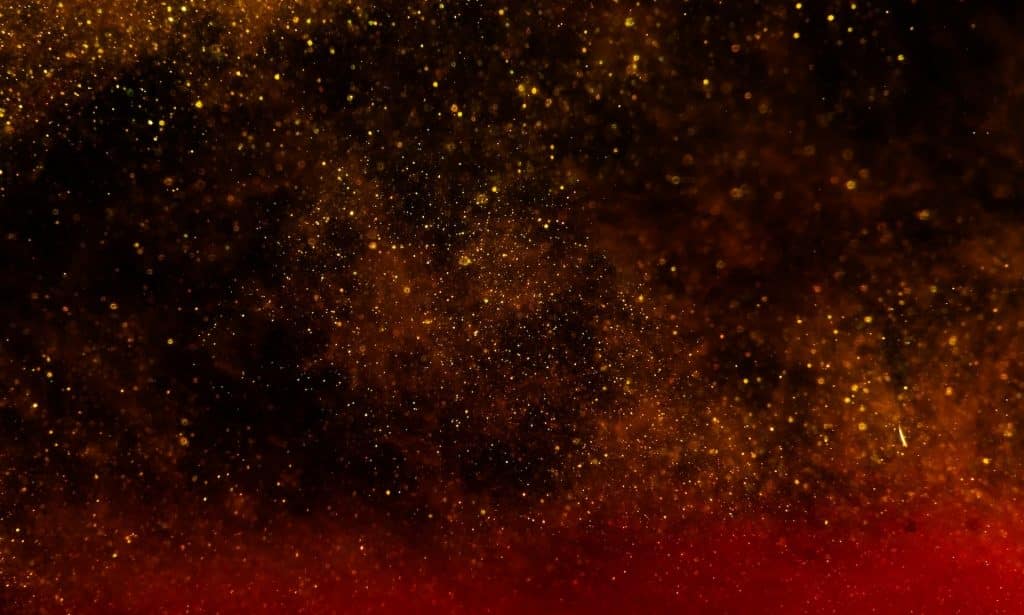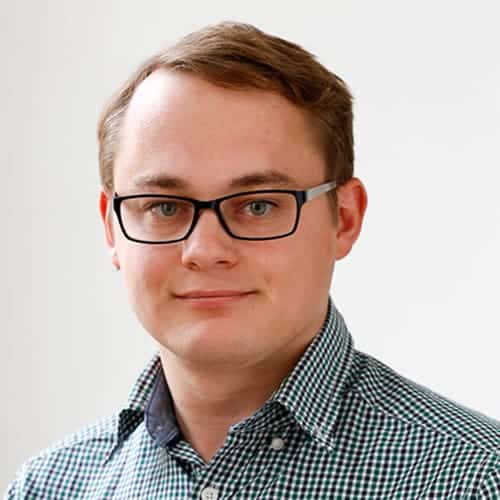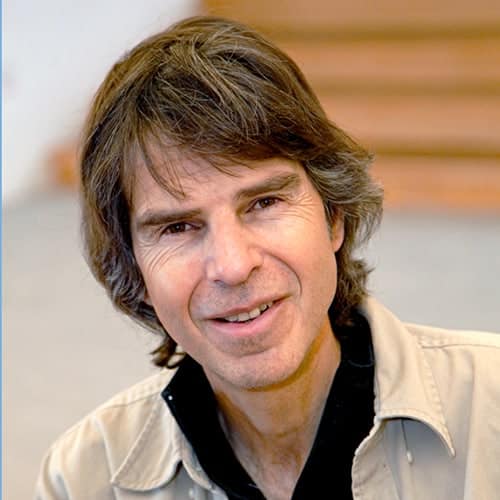The accuracy of physical models is tied to the precision of the measured components incorporated into the equations. Complexity Science Hub’s Jan Korbel and Santa Fe Institute’s David Wolpert have now identified a previously neglected inaccuracy, with implications ranging from cell biology to artificial intelligence.
In the course of our lives, we learn many different formulas. If we want to calculate the area of a rectangular room, we measure its length and width and multiply them. If we are not precise enough when measuring it, the result will not be exact either, but perhaps a small inaccuracy is not important in this case.
However, to describe physical systems such as an atom, the solar system or a cell in our body, which are also constantly changing, minimal deviations can lead to significant differences in the result and therefore to incorrect decisions.
The equations that scientists have developed to describe these systems often assume that their measurable characteristics, such as temperature or chemical potential, are precisely known. “However, the real world is more chaotic and inaccuracies are unavoidable,” explains Korbel. Devices exhibit measurement errors, temperatures fluctuate, previously unknown influencing factors interfere with the results and systems continue to develop.
ANOTHER UNCERTAINTY
The fact that the environment influences a system and that this can lead to inaccuracies is taken into account in the rules of stochastic physics. However, another type of uncertainty has so far been overlooked, argue Korbel and Wolpert, who’s also an external faculty member at CSH, in a study recently published in the journal Physical Review Research. “This inaccuracy does not affect the system as a whole, but arises from the individual parameters that are part of the equations and can therefore influence the outcome of an experiment,” says Korbel.
When Korbel and Wolpert met at a workshop in 2019, the idea was born. “We asked ourselves what happens if you don’t know the exact thermodynamic parameters of a system,” recalls Korbel. “At present, almost nothing is known about the thermodynamic consequences of this type of uncertainty, even though it is unavoidable,” explains Wolpert. The two physicists are therefore investigating how the equations of stochastic thermodynamics can be modified to take this into account.
IMPOSSIBLE TO MEASURE EXACTLY
These equations often contain exact measured values — for temperature, for example. “But even if you measure these values repeatedly and calculate an average from them, an experimenter or an observer doesn’t necessarily know these values,” says Korbel. Even more annoying is the realization that it is impossible to measure parameters such as temperature, pressure or volume precisely, both due to the limited measurement possibilities — for example, if a measurement can‘t be repeated often enough due to time constraints — and due to the fact that these variables change quickly.
What is often interpreted as measurement uncertainty can, however, be a hidden uncertainty of the parameters themselves. The resulting inaccuracy can have an impact at all levels. Let’s stay with temperature: perhaps an experiment was first carried out when the sun was shining and then repeated when it was cloudy. Or perhaps the air conditioning was switched on between several experiments. “Instead of an average value for the temperature, it would therefore make more sense to include the probability of this temperature,” explains Korbel.
ARTIFICIAL INTELLIGENCE
According to the scientist, the greater accuracy of the calculation would have an impact on numerous areas — for example in artificial intelligence. This is used in various scientific experiments to understand natural and artificial systems or predict their reactions. However, these methods are also based on parameters that can be subject to a certain degree of uncertainty. “Our findings can be helpful in improving machine learning methods in the field of artificial intelligence,” says Korbel.
FROM CELL BIOLOGY AND LASERS
It is also relevant to consider this other type of uncertainty in many other fields. For example, if a protein in a human cell is to be transported somewhere else, the cell needs energy to do so. How much energy depends, among other things, on the temperature. However, the accuracy of measuring this temperature is limited. “This uncertainty could mean that the cell invests more energy than is actually necessary. It therefore pays the additional cost of not knowing the system,” explains Korbel.
The situation is similar with optical tweezers. These are high-energy laser beams that can trap and hold or move the smallest particles. Physicists use the term “stiffness” to describe the tendency of a particle to resist movement through the trap. They need to know this stiffness as precisely as possible in order to be able to configure the laser optimally. To do this, they usually take repeated measurements and assume that any deviations are due to measurement errors.
However, Korbel and Wolpert suggest another possibility. The uncertainty could also be due to the fact that the stiffness itself changes as the system evolves. If that’s the case, then repeated identical measurements won’t capture it, and finding the optimal configuration will remain elusive. “If you keep doing the same protocol, then the particle doesn’t end up in the same point, you may have to do a little push,” which means extra work that’s not described by the conventional equations. As this cannot currently be captured by the conventional equations of stochastic thermodynamics, it is all the more important to find ways to modify them.
About the study
The study “Nonequilibrium thermodynamics of uncertain stochastic processes“, by Jan Korbel and David H. Wolpert was published in Physical Review Research.
This text is based on a SFI press release.


